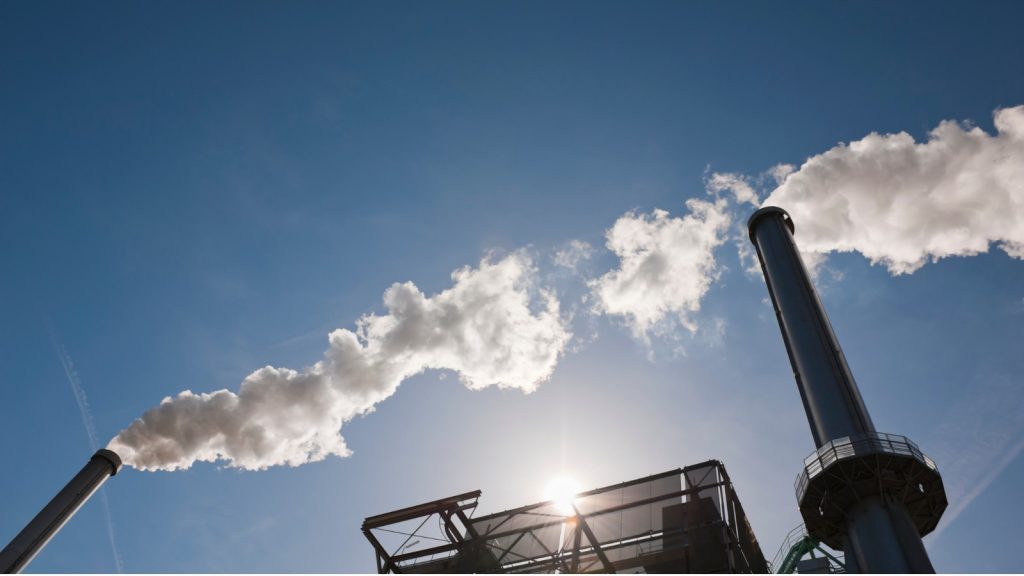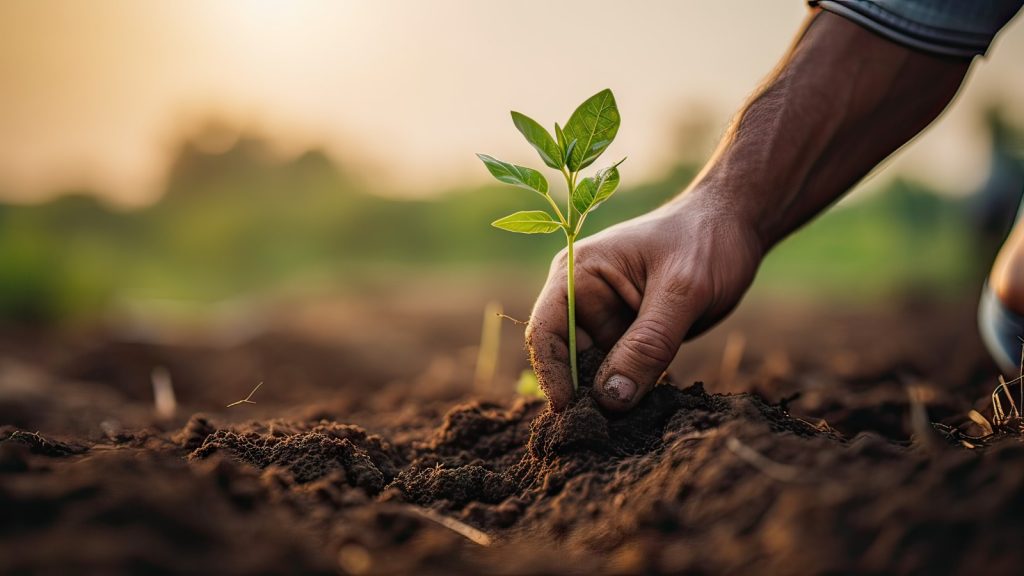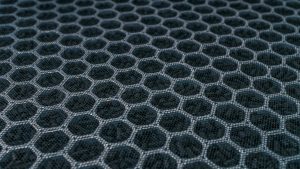Did you know that typical primary and secondary wastewater treatment produces a total of about 1.95 lbs (0.94 kg) of dry solids per 1,000 gal (3.78 m3) of wastewater treated? If you can produce this much sludge, how are the wastewater treatment plants going to get rid of it? Thanks to modern technology, wastewater sludge is no headache for Australia. The wastewater treatment plants can transform them into environmentally healthy and sustainable products that can provide valuable service after getting treated properly.
In this article, we will focus on the major sustainable utilisations of incinerated wastewater sludge ash within Australia.
What is Incinerated Wastewater Sludge?

- This is the leftover solid material from treating sewage in wastewater plants. You will be interested to know how this type of sludge is treated inside the plants. Let us explain the process to you.
- It involves burning this sludge at high temperatures in special furnaces. As the sludge heats, organic matter like bacteria and waste burns away, while inorganic materials turn into ash. This ash is either disposed of or reused in various ways.
- Why do wastewater plants opt for this method to treat sludge? The answer is not that complex. They choose incineration because it helps manage the large volume of sludge produced during sewage treatment. By burning the sludge, plants reduce its volume, making it easier and cheaper to dispose of.
- Incineration also kills harmful bacteria and breaks down pollutants. This initiative makes the sludge safer for disposal or reuse.
- You will see that some plants use the heat generated by incineration to produce energy, reducing their reliance on external energy sources. Now you must understand that incinerating wastewater sludge helps wastewater plants operate more efficiently and sustainably, as the outcome can be used for various environmentally healthy purposes.
Top 6 Sustainable Utilisation of Incinerated Wastewater Sludge Ash

Water Filtration
Water filtration becomes a sustainable use for incinerated wastewater sludge ash due to its unique properties. The ash contains fine particles and porous structures that make it effective for adsorption and filtration purposes.
When incorporated into filtration systems, such as biofilters or adsorption beds, the ash can efficiently remove contaminants like heavy metals, organic compounds, and pathogens from water sources.
This process not only improves water quality but also reduces the need for chemical treatments. The ultimate result will be a lower environmental impact. Another fact is that utilising incinerated wastewater sludge ash in water filtration provides a beneficial way to repurpose a waste product. It contributes to the circular economy and reduces reliance on finite resources, which is quite impressive.
As you can see, when you use wastewater sludge ash in water filtration, you can achieve sustainable water treatment outcomes in the end.
Energy Generation
This fact offers a sustainable solution due to its dual benefits. What are those?
Number one is that the incineration process itself produces heat energy, which can be captured and converted into electricity or used for heating purposes. This reduces the reliance on fossil fuels, lowers greenhouse gas emissions, and reduces climate change.
The other fact is that the ash residue left after incineration still contains residual energy. This can be further executed through processes like thermal conversion or pyrolysis. By extracting this energy, you can maximise the efficiency of the waste-to-energy process. Obviously, this effort contributes to a circular economy where waste is transformed into valuable resources.
No need to say that this is an environmentally healthy outcome of wastewater sludge when you witness how it minimises waste disposal and environmental impact, making it a viable and eco-friendly solution.
Land Reclamation
Are you wondering what this means? Let us elaborate deeply. At first, the ash contains minerals and nutrients that can enhance soil fertility, aiding in the restoration of degraded land.
Since you can incorporate the ash into the soil, you can improve its structure and water retention capacity. This facilitates plant growth and ecosystem regeneration. Plus, utilising the ash for land reclamation reduces the need for traditional soil amendments like chemical fertilisers, which helps minimise environmental pollution and preserve natural resources.
Reusing the ash for land restoration also keeps it out of landfills, which lowers the amount of garbage disposed of and its negative effects on the environment.
Ultimately, this sustainable outcome of wastewater sludge encourages sustainable soil management practices, contributing to long-term environmental health and resilience.
Construction Materials
Have you ever thought that incinerated wastewater sludge ash can be utilised as construction materials? Yes, incorporating them into concrete, bricks, or blocks offers a sustainable solution with several advantages. You know, the ash contains silica and other minerals that can act as supplementary cementitious materials, which enhance the strength and durability of construction materials.
If you replace a portion of cement with the latter, you can reduce the demand for virgin materials, such as cement, which is a significant source of carbon emissions during production.
This replacement protects natural resources while reducing the environmental impact of building projects.
Using them also keeps garbage out of landfills, which lowers disposal costs and pollution. Moreover, it can reduce production costs for building materials, increasing the financial sustainability of environmentally friendly construction methods.
Promoting the usage of IWSA is opening a way to reduce greenhouse gas emissions and contribute to a more sustainable built environment.
Soil Amendment
We hope you know that IWSA contains valuable nutrients and minerals such as phosphorus and potassium. This carries the power to enhance soil fertility and support plant growth when it comes to agriculture.
The best way to utilise this in the plantation is to incorporate IWSA into the soil for sure. Why would you do that? We will brief this for your convenience. When we do so, we can improve its structure, water retention capacity, and nutrient content, which will ultimately promote healthier and more productive ecosystems. Also, using IWSA as a soil amendment reduces the need for chemical fertilisers, which can have adverse environmental impacts such as water pollution and soil degradation.
In today’s world, people tend to opt for environmentally healthier options when engaging in plantations. So, incorporating IWSA into soil management practices helps divert waste from landfills, reducing environmental pollution and conserving valuable landfill space.
It is true that this initiative improves soil quality and plant growth and also supports sustainable agriculture practices by minimising reliance on synthetic fertilisers.
Road Construction
Can you utilise something like sludge ash for road construction? Of course, you can if you incorporate them correctly. Using them in road construction offers a sustainable solution with several advantages.
As the number one reason, you can blend IWSA into road construction materials, such as asphalt or concrete, as it can enhance their durability and strength. This improves the lifespan of roads, reducing the frequency of repairs and the need for virgin materials.
This also reduces the demand for natural aggregates, such as gravel and sand, preserving natural resources and ecosystems.
As one of the many benefits, using IWSA in road construction can lower production costs, making sustainable infrastructure development more economically bearable.
Making Wastewater Sludge a Sustainable Product

As you can see, even waste like IWSA can be transformed into a healthy and profitable source when it is incorporated with the right technologies and strategies. This indicates that you need to be adjustable when your business operations require robust approaches to stay away from challenges. As IWSA turns into highly effective fertilisers or road construction materials, you can transform your business into a golden egg if you hold hands with the right parties.







